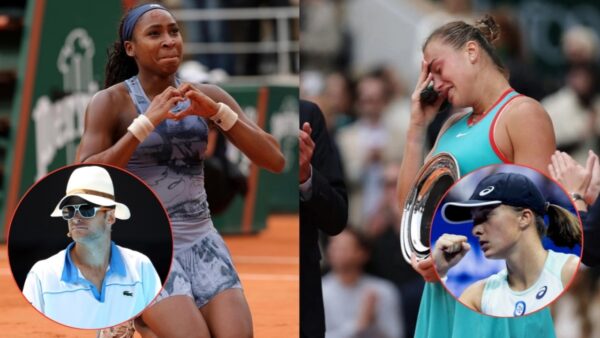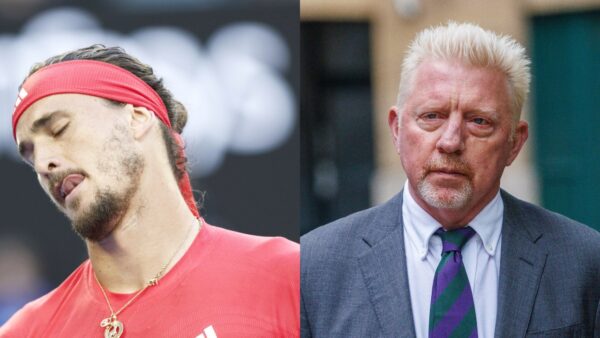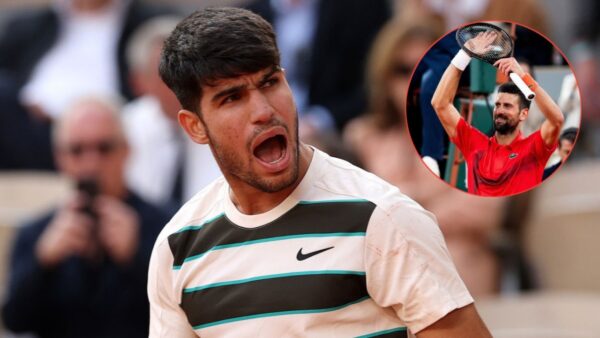‘The bolwer is not deliberately trying to cause an injury’ – Ian Chappell calls for fixing batting technique instead of banning bouncers as concussion cases rise

Steve Smith head injury during Ashes 2019

Over the course of last month alone, the world has witnessed as many as three head injuries on a cricket field. While ICC’s concussion substitute rule rushed to the rescue of the teams. It is concerning how the number of such incidents has risen. Former Australia skipper Ian Chappell feels that while the concussion substitute rule solves the issue for the moment. But it is high time ‘a worldwide review into on-field safety’ is conducted.
Chappell shares that Cricket Australia conducted such a review following the tragic incident with Phil Hughes. But didn’t include batting technique in its purview. The Aussie legend feels that it is the batting technique in modern days which has led to a spike in head injuries.
“However, just addressing the concussion-sub issue doesn’t get to the heart of the matter. It’s the rising number of batsmen hit on the head that then leads to the need for a replacement player.“
“Following the tragic death of Phil Hughes, Cricket Australia conducted a safety review. Incredibly, this process didn’t include a look at technique, which is the most important aspect in ensuring fewer batsmen receive blows to the head. The time is ripe for a worldwide review into on-field safety, including batsmen, bowlers and umpires, with batting technique a top priority. In conducting this review it would be appropriate to strengthen any law regarding the protection of tailenders in facing short-pitched bowling,” Chappell wrote in his column for ESPN Cricinfo.
Don’t walk through the gate if you don’t want to get hurt

Chappell is wary of talks around banning the bouncers. The South Australian great points out that the short ball is the bowler’s weapon to unsettle the batsman. And banning it would only add extra responsibility on umpires. Chappell adds that these calls can be tricky if the batsman is hit while ducking. And would only lead to further controversies.
“Banning the bouncer would place even more responsibility on the already overburdened umpires. In reality, if a top-order batsman gets hit, he’s to blame, not the bowler. A fast bowler is attempting to disrupt the batsman’s footwork and his thinking; he’s not deliberately trying to cause an injury.“
“That being said, with concussion replacements now mandatory, there could be the temptation to bombard the opposition’s best batsman in the hope of having him replaced by a lesser player. In this case, umpires would need to remind the bowlers their job is to dismiss batsmen, not dismember them. The thing to remember in any discussion on bouncers is the cricketers’ adage: if you don’t want to get hurt, then don’t walk through the gate,” he signs off.
As the debate around the dreaded bouncers continues, one couldn’t help but feel for the bowlers. With the game getting more and more batsman-friendly with each passing year. The bowlers will have nowhere to hide if the bouncers are banned.







